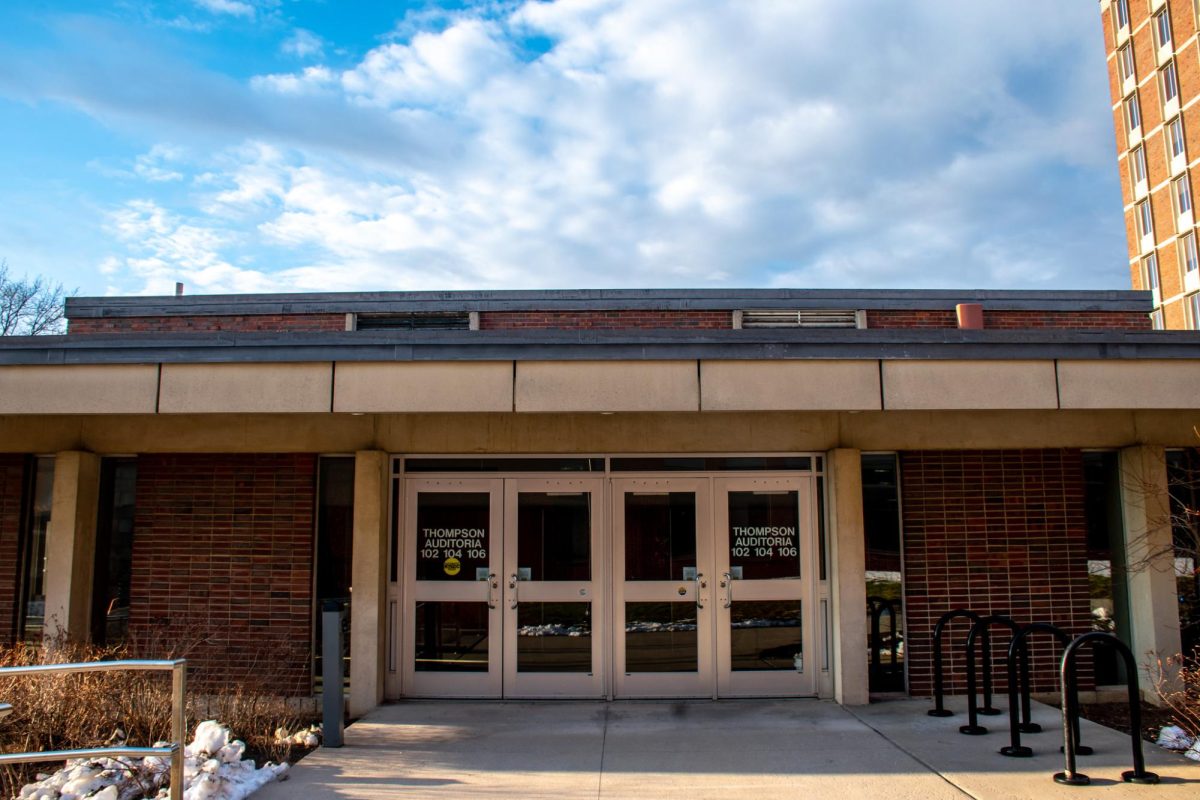On June 8, 1789, James Madison proposed the Bill of Rights. These ten amendments have served as pillars of our civil liberties as Americans. I hold the first of these amendments dear to my heart. It gives us the right to protest in schools, burn American flags and say a word that rhymes with “duck” in public. Americans value the First Amendment as a necessary part of our society; a recent survey found that 93 percent of Americans considered the First Amendment “vital.”
As I have progressed in my academic career, it seems like the University of Massachusetts has become inspired by the First Amendment. Many of my classes have become discussion-based, where students can voice their opinions openly and learn in a collaborative environment. Socrates himself taught this way by pestering his students with questions and chatting around. Personally, I learn better in this type of environment. Sitting in a big lecture hall where the professor talks to you for an hour can be as fun as watching paint dry. I love asking questions, talking to my peers and obtaining different perspectives from others.
However, I have slowly become disillusioned with this method.
Take a moment and imagine you are in a crowded lecture hall. You are crammed in a tiny seat, unable to focus on writing your notes because the person to your right is taking up your arm space and the person to your left did not put on deodorant. You have a paper due in five days, and this lecture is vital to completing this paper. The professor encourages questions during class. At first, you think this is a great idea; you may have questions that need answering, and who better to answer than the professor? Yet, as the weeks have dragged along, one person has taken far too much advantage of this openness. The class is behind because one hand raises every three minutes with a precision that would make Big Ben jealous. Class ends and the professor has only gotten to slide three of 15.
You go to your next class, a smaller and more intimate environment. There are only a dozen or so students, yet the usual suspects line up to take their shots at the professor. This has become my reality.
The ideals of collaborative learning and student-led discussions seem to have turned into a dictatorship of the few. It becomes frustrating. Students pay handsome sums of money to attend this university and to learn from our amazing faculty; I do not want to hear someone raise their hand and try to own the professor with facts and logic. I would much rather hear someone who has studied the topic being taught for an incredulous amount of time, not someone who raises their hand with two fingers.
Yet, in class after class, I must hear four people spew the same talking point for 40 minutes and add no meaning or clarity to the course content. I’ve begun to ask myself: why isn’t the professor focusing the class back to the lecture? Why are we talking about “Family Guy” in an economics class? Have we become too accepting of open discussions? Do professors truly enjoy the banality of these comments? Things have gotten out of control, and I can’t take it much longer.
To those who insist upon asking millions of questions: why? Does sitting in the front row and interrupting the professor who is explaining an assignment bring you excitement? Do you feel the need to share your vast and extensive knowledge of a subject you are currently being taught? I implore my peers to think before you speak. Reflect upon your question and ask yourself if your comment will truly further understanding of the course content or simply waste everyone’s time.
To the University and its faculty, it’s on you to structure classroom discussion less like social media. Professors should have the courage to move on from a frequent hand-raiser in class. Take charge of your classroom! Answering 4,000 questions from the same few people only hinders the class.
The University should embrace collaborative environments; at its surface, it is a well-intentioned and very effective pedagogical method. However, there are deep flaws that must be addressed. Students should not be able to hijack the lesson and disrupt the flow of knowledge. It should be well-structured and guided to better understand the course.
I say this without malice towards those who do interrupt class. But the next time you walk into lecture and find yourself itching to ask the professor why birds fly in an English class, shut up.
Sam Cavalheiro can be reached at [email protected] or on X @samcavalheiro1.




















